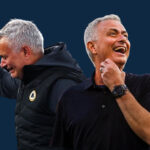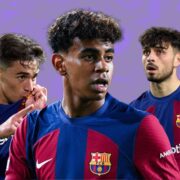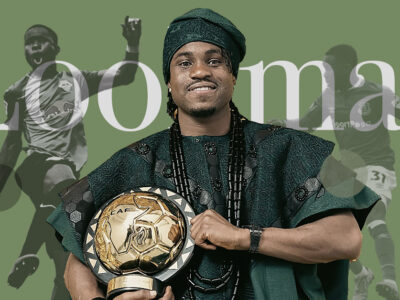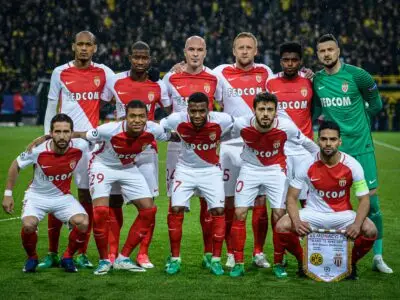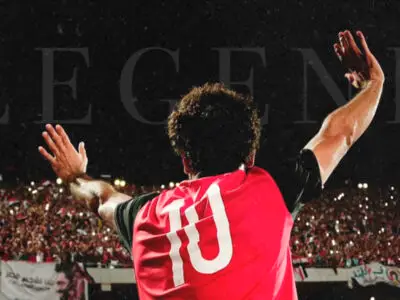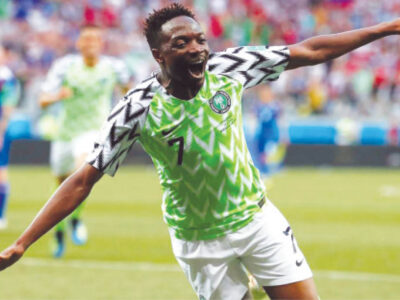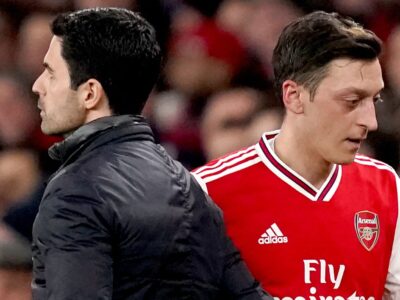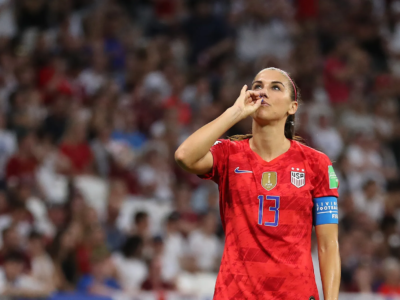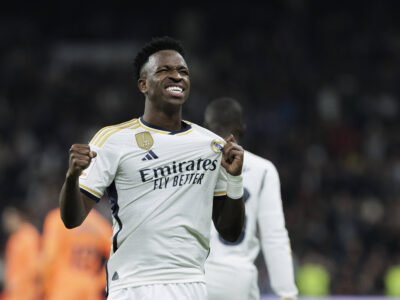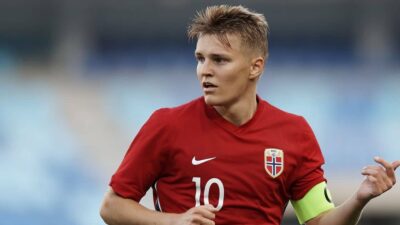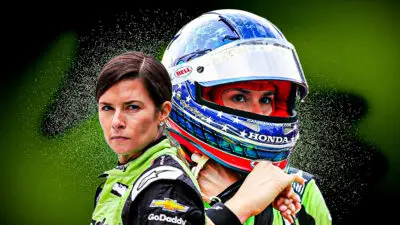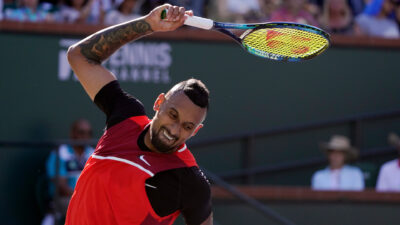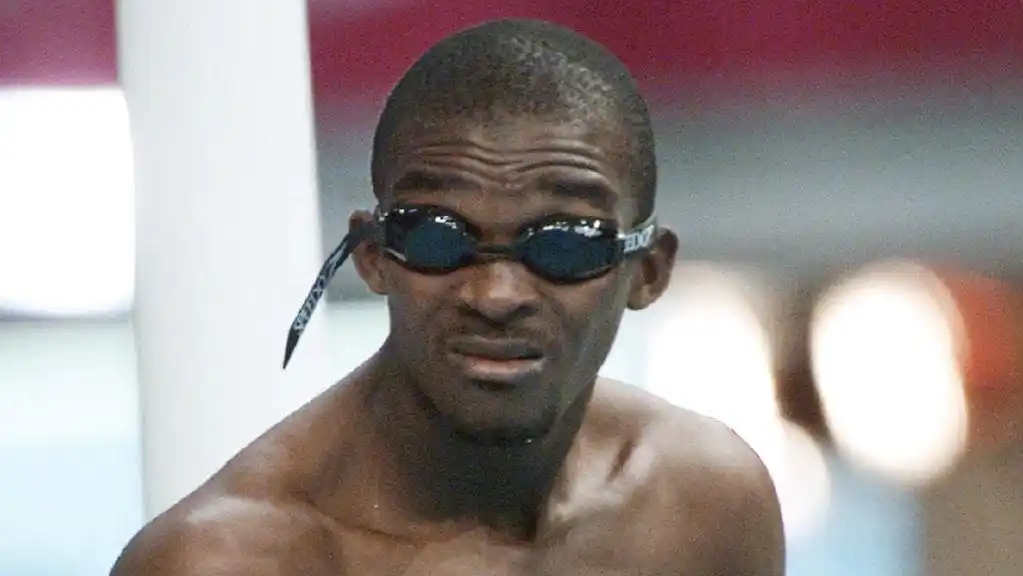Ah, Manchester United—the Theatre of Dreams, where the grass is always greener and the neighbors are always noisy.
It’s been over a decade since Sir Alex Ferguson’s departure, but the club has yet to hit the same heights. Instead, they’ve become the new FC Hollywood.
United legend and nobody’s favorite pundit Gary Neville, recently declared the club a “graveyard for young talents.”
Yes, you heard it right. Gary Neville said something I agree with.
But before you raise your pitchforks and torches to clamor for blood, let’s take a second to analyze that statement.
From Wunderkinder expected to dazzle the Premier League to signings with more hype than the iPhone, we’ll explore the trials and downright calamities that have led us to this argument.
Many superstars have failed
When United signed a 28-year-old Varane from Real Madrid and followed it up with a £70 million deal for Casemiro a year later, fans were on cloud nine. If supporters had their way, they would have replaced the millionaire judges in the Dragons Den business show with United’s Glazers.
Two years later, the duo that once terrified attackers in Spain and the entire European continent now find themselves haunted by the specter of inconsistency and injury.

It’s as if they’ve swapped their superhero capes for a pair of lead Timberlands, trudging through matches with a crestfallen look, wondering where it all went wrong.
If you watched the 4-0 drubbing United suffered to Crystal Palace at Selhurst Park, you’d struggle to find a worse Casemiro performance in top-flight football.
But this isn’t a recent case or a one-off. In just one season at United, Angel Di Maria fell so much from grace that pundits even put him in contention for the worst transfer in United’s history.
Then you have Paul Pogba, who returned with all the fanfare of a prodigal son. But his second stint was more soap opera than sports saga, filled with drama, distractions, and a doping ban.
But if you want a real tear-jerker, I give you Bastian Schweinsteiger.
A world champion with Germany, “Schweini” was treated like a second-rate footballer. From getting banished from the first team to training with kids, his tenure at United was a masterclass in how not to treat a legend.
These harrowing stories pile up. From Lukaku to Falcao and then to Alexis Sanchez, the ongoing tragicomedy at the Theatre of Dreams is not ending anytime soon.
World-class managers crumble
It’s not just the players who walk alone through United’s valley of the shadow of death. Even world-class managers have been left clutching their CVs in despair.
Take José Mourinho, for instance. The special one arrived with the swagger of a man who had seen and won it all, only to leave with his sanity in question.
When a manager of his caliber said that finishing second with United was one of his most outstanding achievements, it felt like madness or spite. Now, hindsight has made us all realize that he was right.
Under his stewardship, the Red Devils won the Europa League and the EFL Cup. This is only rivaled by Erik ten Hag’s tenure, which saw the club lift the Carabao Cup and FA Cup.
But compare Mou’s second-place finish in the league with Ten Haag’s most recent eight-placed finish, and we can spot the impostor among us.
Then there’s Louis van Gaal, the Dutch tactician whose philosophy was supposed to bring back the glory days. Instead, his reign was defined by stale football and baffling decisions thinly veiled by his dependence on “philosophy.”

Both managers arrived at Old Trafford with decorated careers and left with bruised egos at a club where the best minds in football struggle to impose their will—a club that devours its own in a relentless pursuit of past glories.
David Moyes was never the right fit. Ronaldo doesn’t even know what Ralf Rangnick does.
The owners only care about profit
Remember those Glazers I mentioned earlier? The American tycoons have treated the club with as much dignity as you would a cash cow, milking it dry while funneling precious little back into the team or its infrastructure.
The Glazers’ tenure has also been marked by a lack of meaningful investment in the squad and training facilities. Instead, the owners want to make as much money as possible from their red-jerseyed investment.
Their controversial backing of the European Super League—an attempt to secure guaranteed revenue streams at the expense of sporting integrity—was the final nail in the coffin for many fans.
This profit-driven approach sparked a rebellion in the form of FC United of Manchester, a club born out of sheer frustration with the Glazer regime.

As funny as this may sound, it is no joke to the disillusioned fans who founded the club in 2005. FC United symbolizes defiance and reminds us of what Manchester United once stood for—community, passion, and a love for the beautiful game.
The club devours young talents
In recent years, United’s academy, meant to cradle potential world-beaters, has become more of a crypt. There, the dreams of aspiring superstars wither under the weight of mismanagement and neglect.

Look at the last homemade talents who have managed to break through: Marcus Rashford and Scott McTominay. Both have had their moments in the spotlight, but their journeys have been more of a testament to their resilience than the club’s nurturing prowess.
At some point, individual resilience will simply not be enough, which we can see in Rashford’s exclusion from England’s Euro 2024 squad after his subpar season.
Enter the new hopefuls: Kobbie Mainoo, Alejandro Garnacho, and a promising crop of recent graduates who appear to be brimming with potential.

Mainoo’s elegance on the ball and Garnacho’s electrifying pace and flair have given fans glimpses of a bright future. But if the past decade has taught me anything, it’s never to be too excited.
Plagued by managerial instability, United’s current environment may stifle these budding talents. Without a cohesive plan, they risk being swallowed by the same vortex that claimed many before them.
The question remains: can Manchester United rediscover its golden touch and create an environment where young talents can flourish again?
The facilities are decrepit
In that infamous Piers Morgan interview, Cristiano Ronaldo complained about the lack of change since he left Old Trafford in 2009.
And if you had let your eyes wander during the home league game against Arsenal in May 2024, you would have seen a somewhat surprising indoor feature—waterfalls in the stands.
Even Carrington, the club’s training ground, has been criticized for being below modern standards. Top-tier teams across Europe have invested heavily in their training grounds, creating environments conducive to player development and injury prevention.
United is stuck in a time warp, with outdated facilities that fail to meet the demands of modern football. They say that young players should be nurtured in the best possible environment—apparently, the club’s management either doesn’t think so or doesn’t care.
They overspend on unproven talent
The aspect of this club’s decline that baffles me the most is the owners’ financial recklessness. For a club looking to make as much profit as possible, Manchester United’s transfer policy reminds me of a high-stakes game of roulette.

The club places massive bets on unproven talent and hopes for the best, which is precisely how people end up broke in Las Vegas casinos.
Prime examples are the £80 million spent on Harry Maguire and the similar eye-watering fee for Antony.
This tendency to overspend on players unproven in the Premier League speaks to a broader issue within the club’s recruitment strategy. And it leads to an even gnarlier situation: player power.
The players have too much power
When Fergie was at United, he had all the power, and any form of dissent was addressed with ruthless efficiency, as Beckham and Roy Keane can testify.
But in the post-Fergie era, the players run the affairs. They have more influence than the managers, often acting up at the slightest whiff of discontent.
Jadon Sancho speaks out after Erik ten Hag commented on his recent performance in training. pic.twitter.com/cJh0Beb7fe
— B/R Football (@brfootball) September 3, 2023
Look at the Jadon Sancho saga as a textbook case.
His talent was and is still unquestionable. But it yielded nothing for United because of his public feud with management, creating off-pitch drama that the club could do without.
Will the new owners change things at Manchester United?
But before you give up, know that all might not be lost. The potential arrival of new owners like INEOS might just be the lifeline the club desperately needs.
These would-be saviors look to turn Manchester United’s fortunes around like they’ve done with Sporting Lisbon and OGC Nice.
These guys are more than just your run-of-the-mill investors; they’ve breathed life back into dying clubs. If they can wield their financial scalpel with the same precision at United, there’s hope for revival.

With a suitable investment in infrastructure, a coherent transfer strategy, and the restoration of managerial authority, United could be on the path to redemption by 2030.
But it’s a tall order—like turning a sinking Titanic into the sleek Skorpios yacht. The road to recovery involves vision and patience more than just throwing money at the problem.
With the backing of you, the fans, there’s a chance the Theatre of Dreams can once again become a stage where footballing magic happens rather than a nightmare on Elm Street.
Who wrote this?
Precious is a lover of football, a peddler of banter, the master of all sports, and the practitioner of none. He's spent over 15 years discussing football in pubs and schoolyards.








